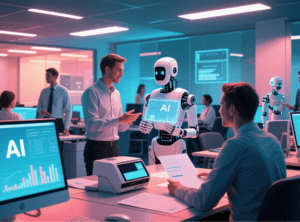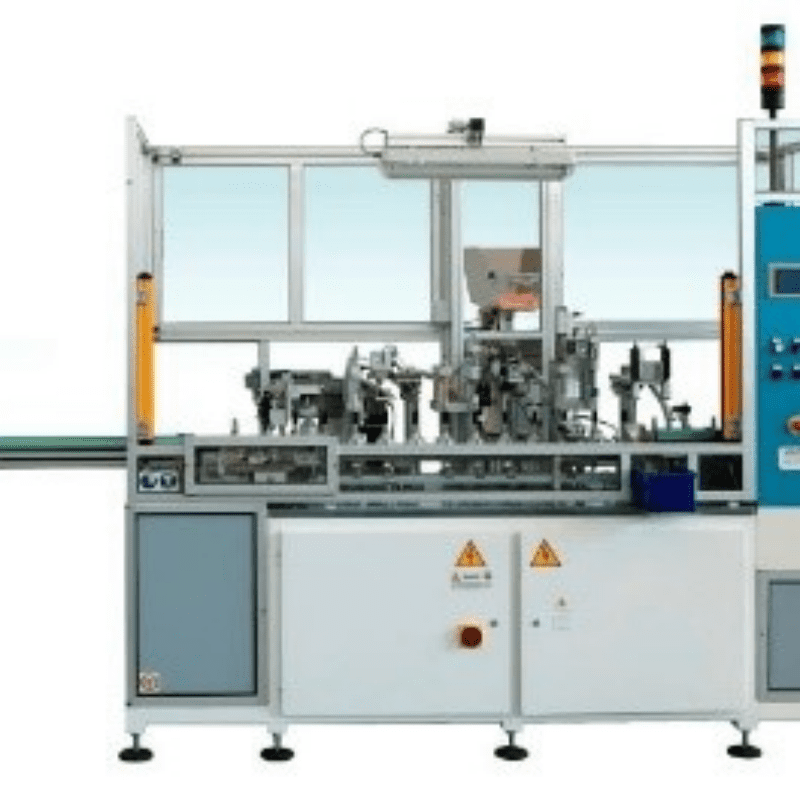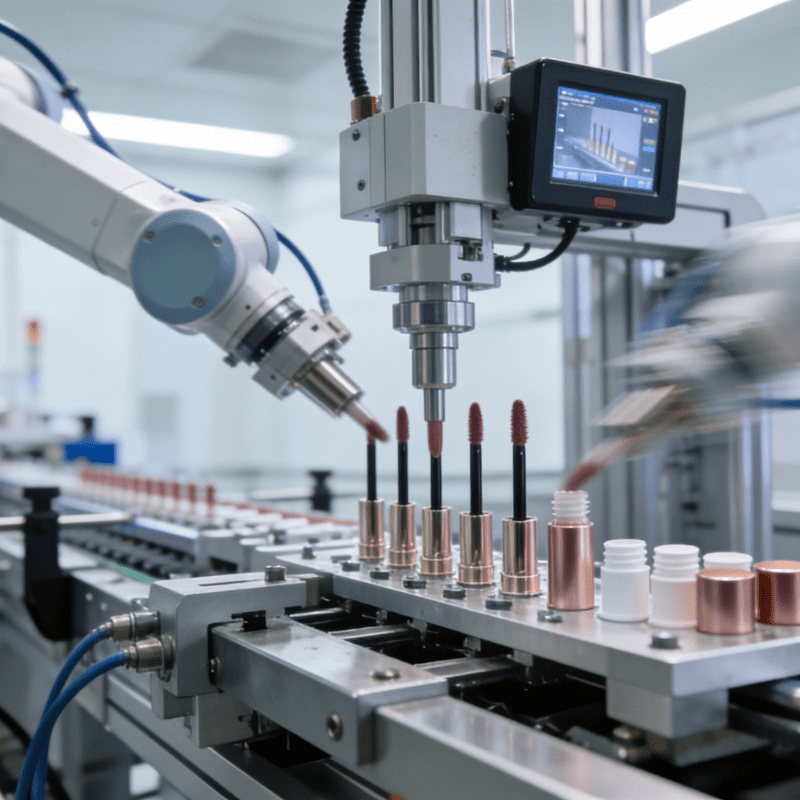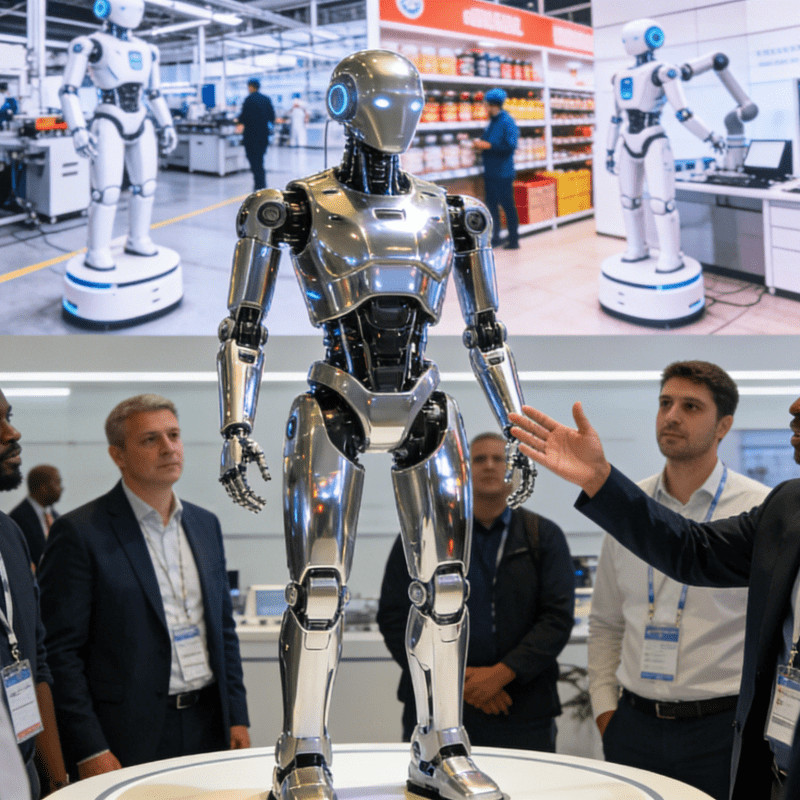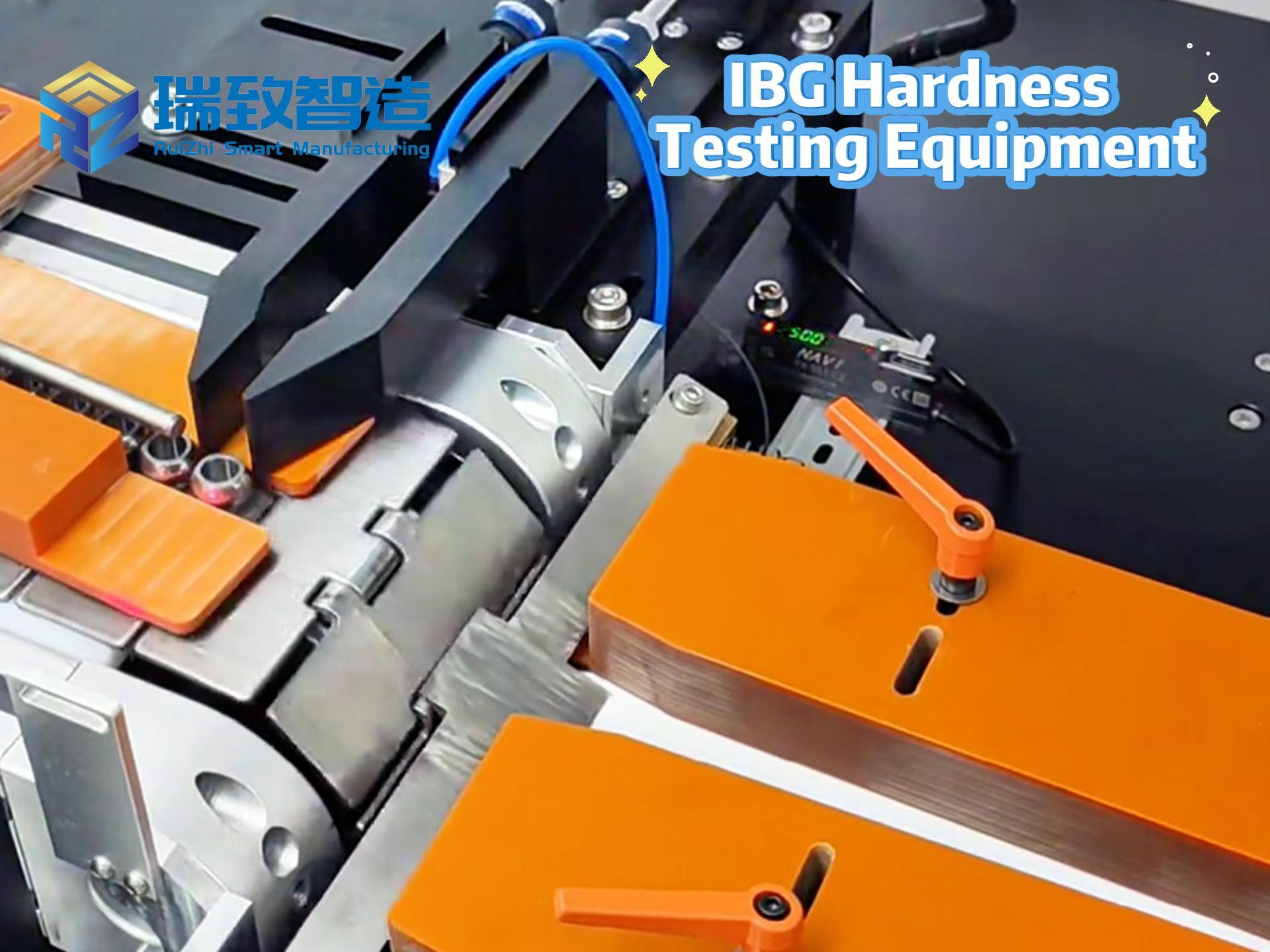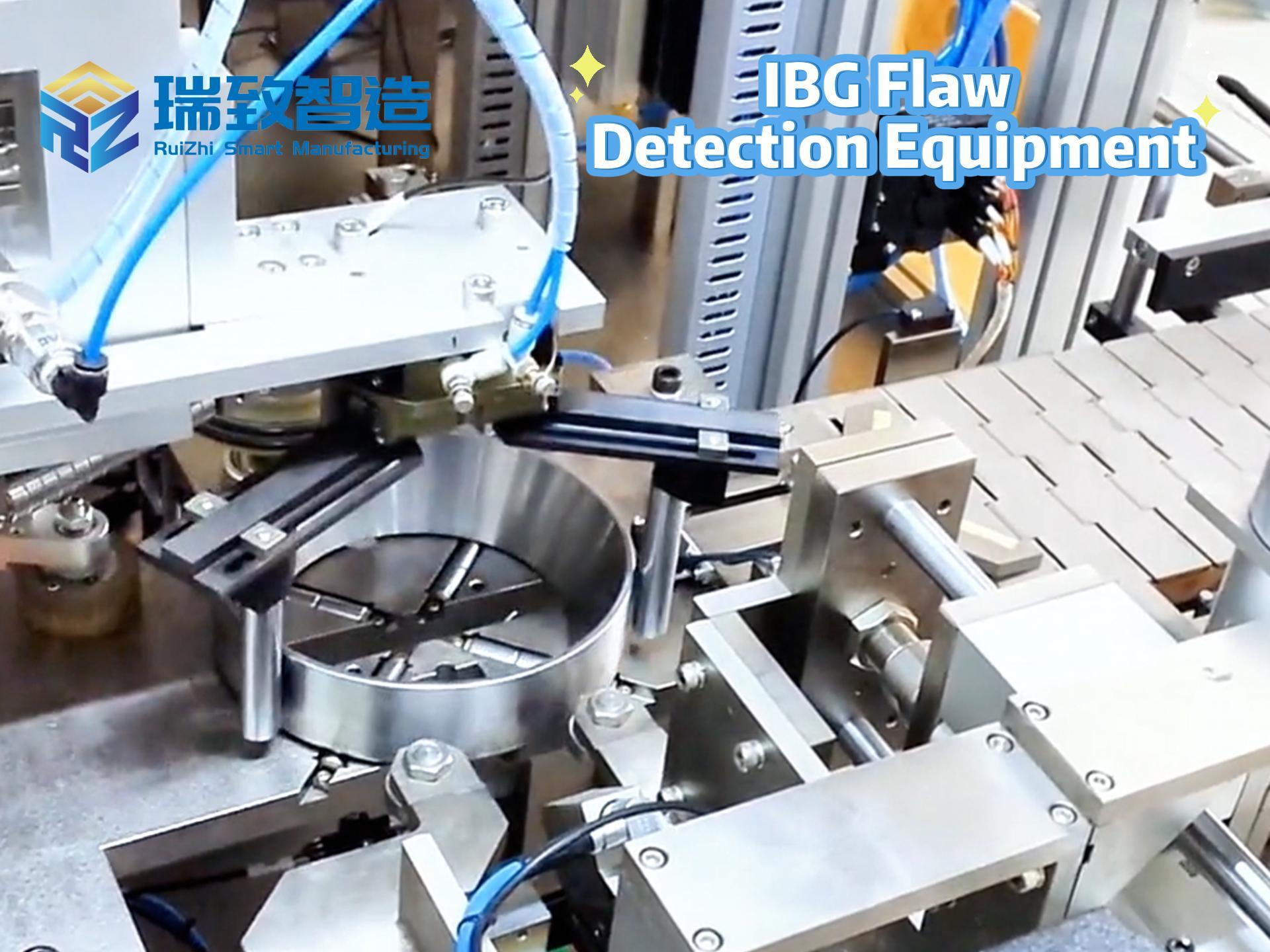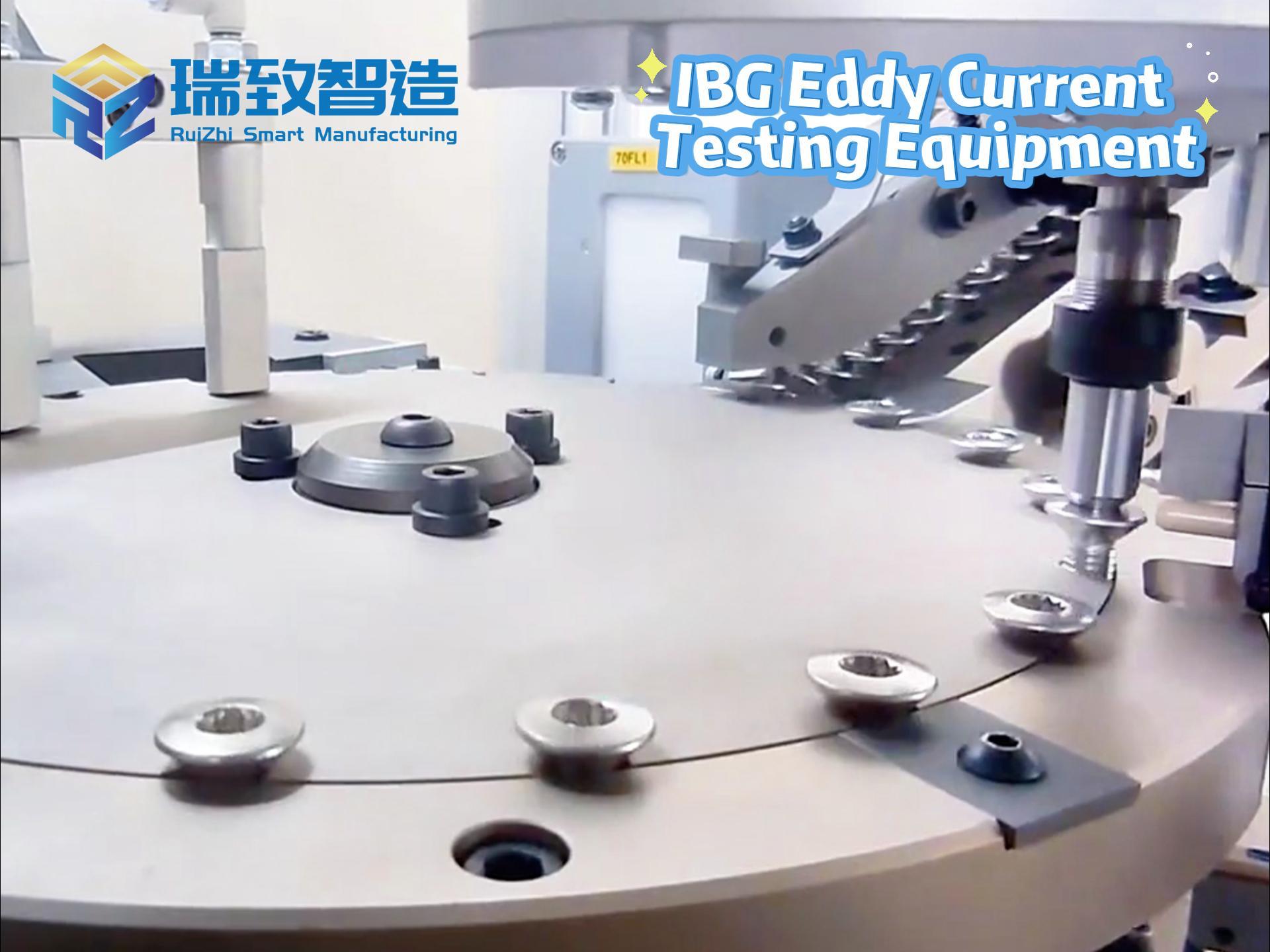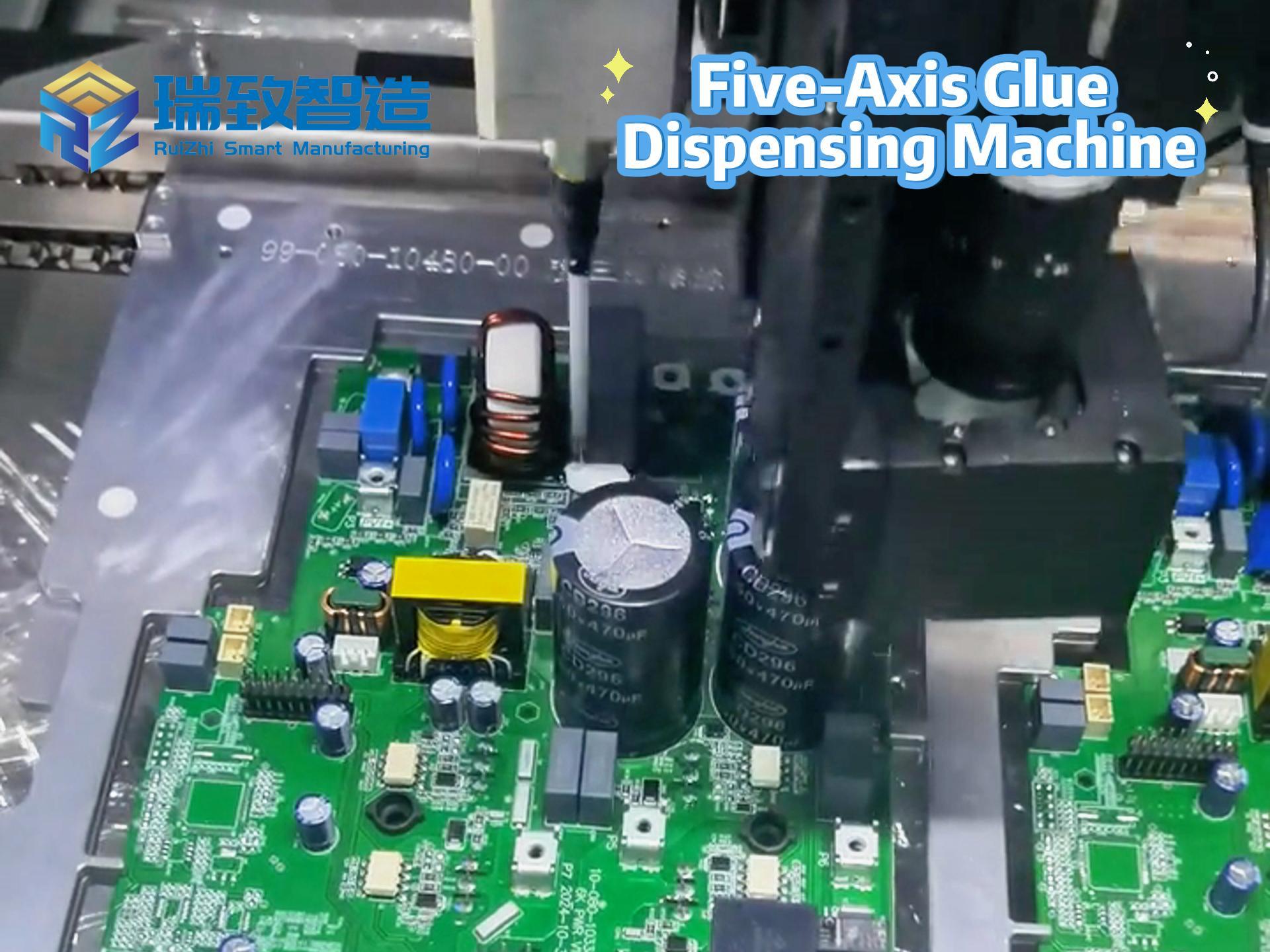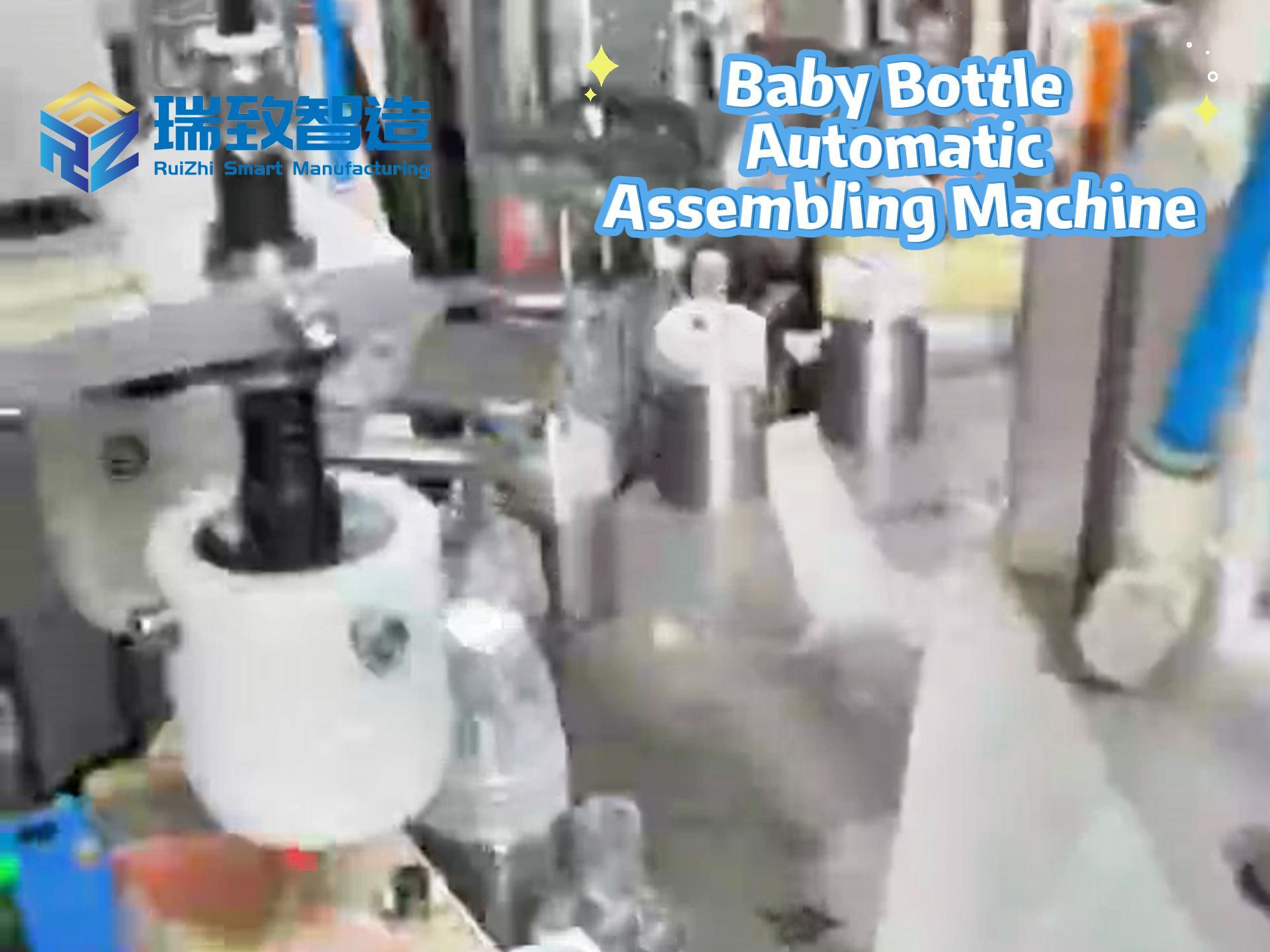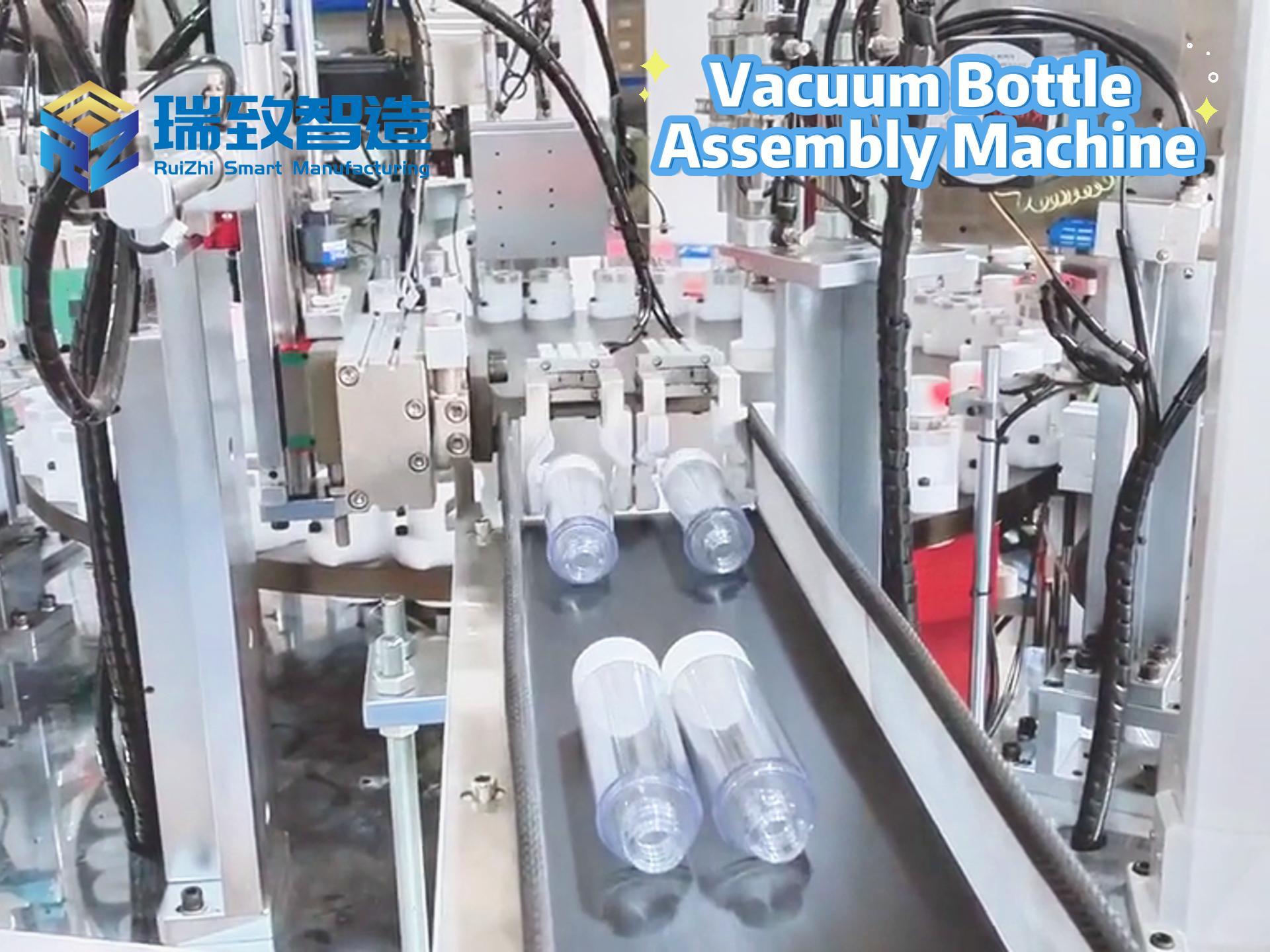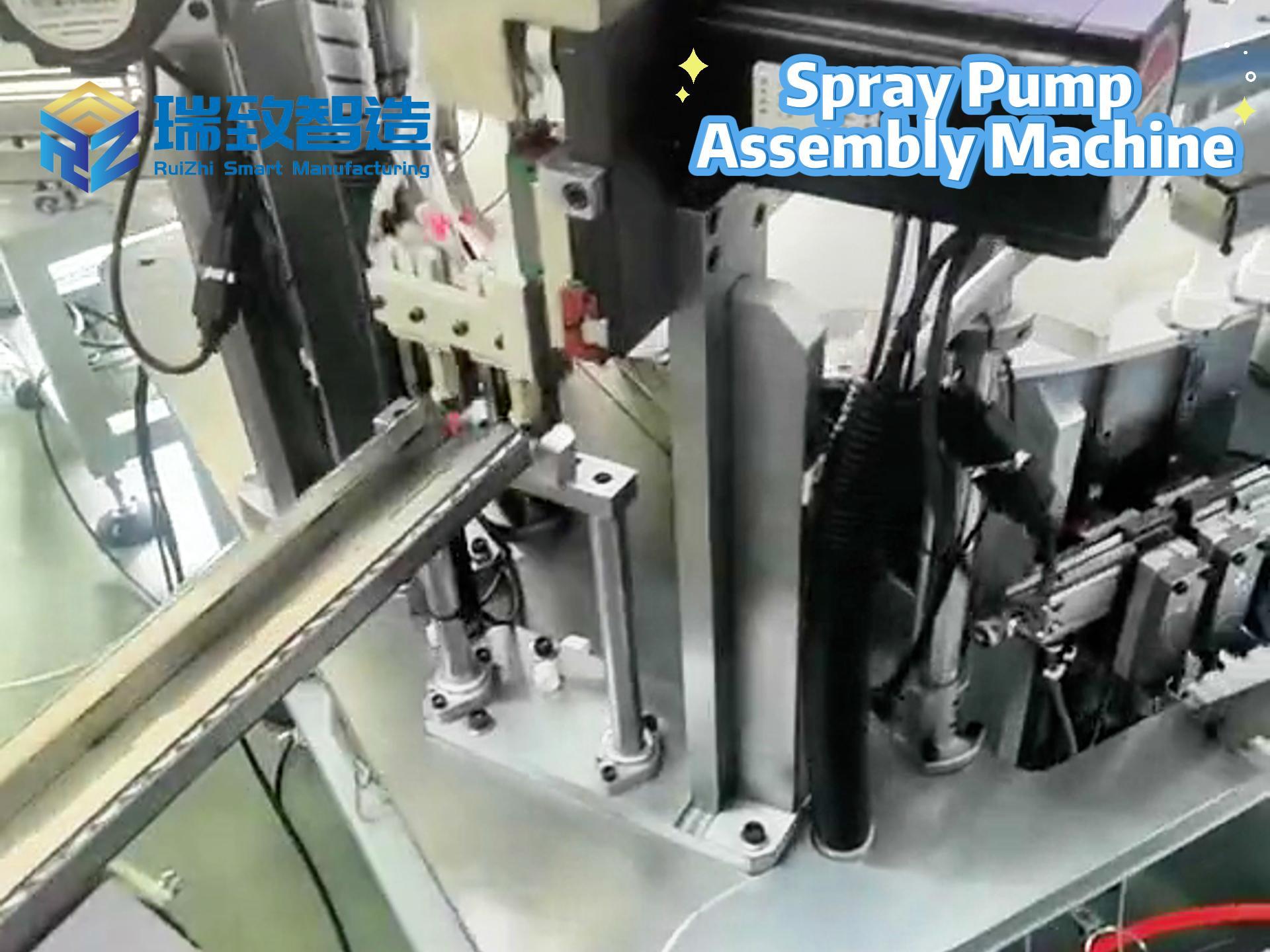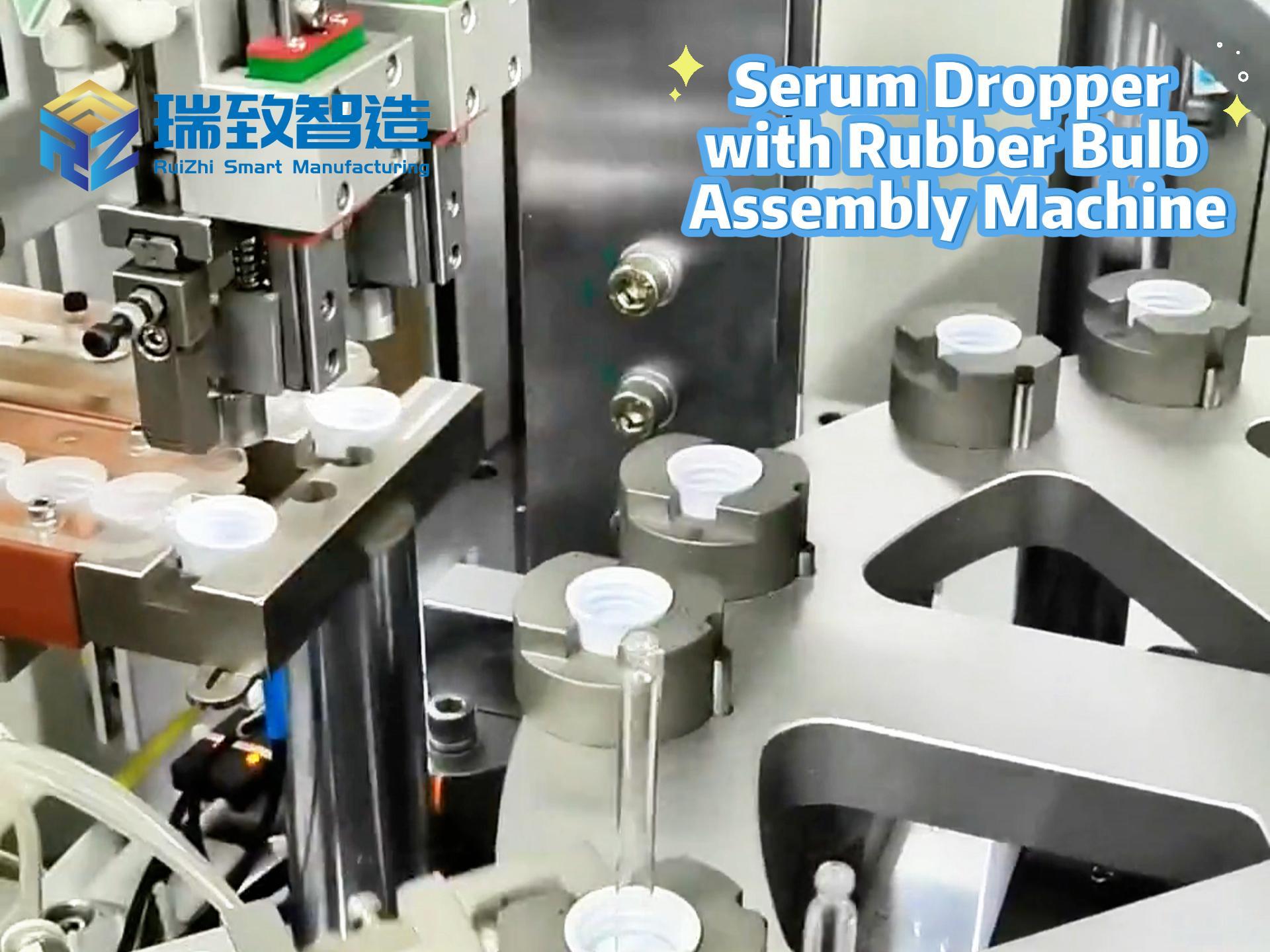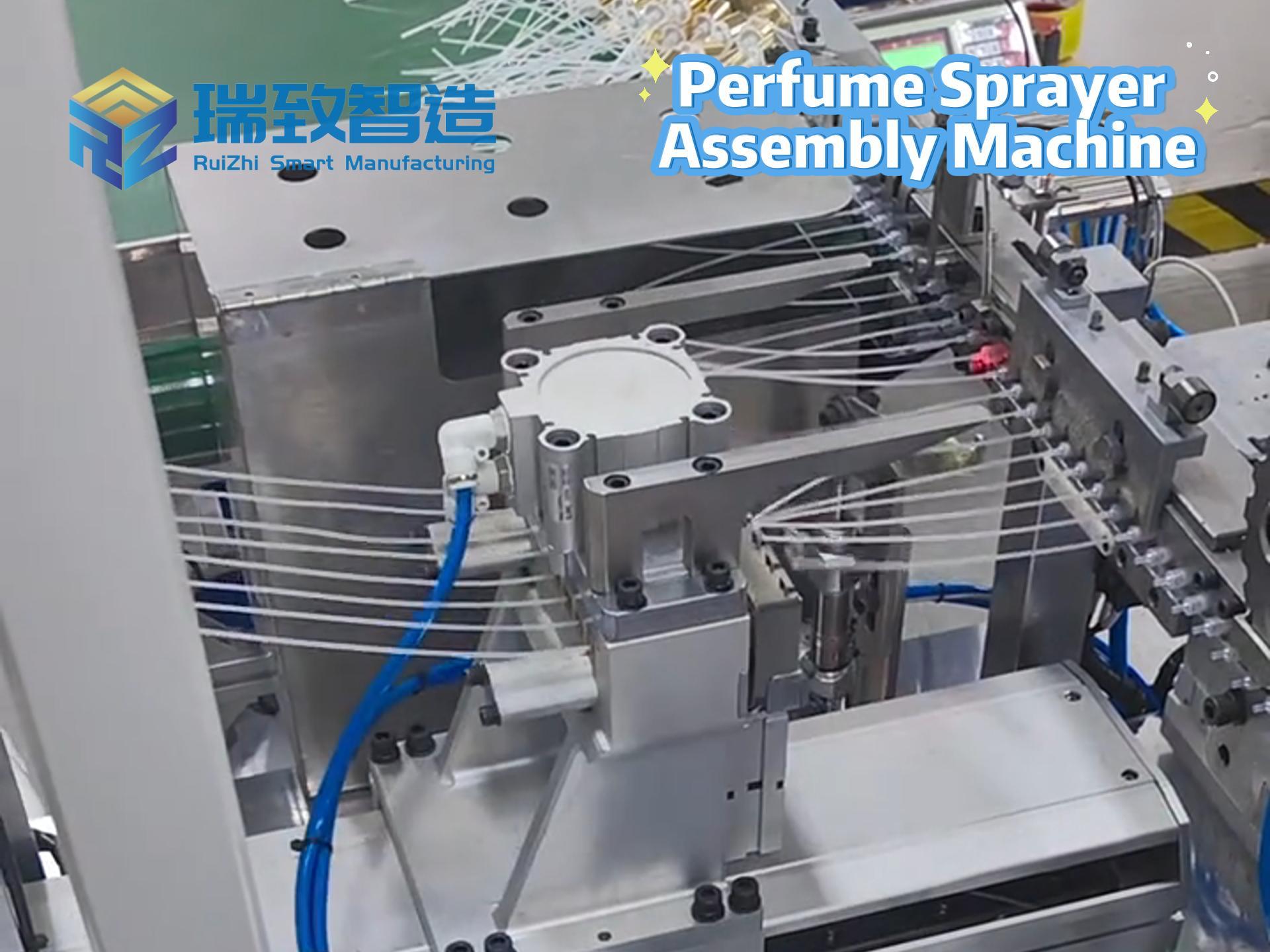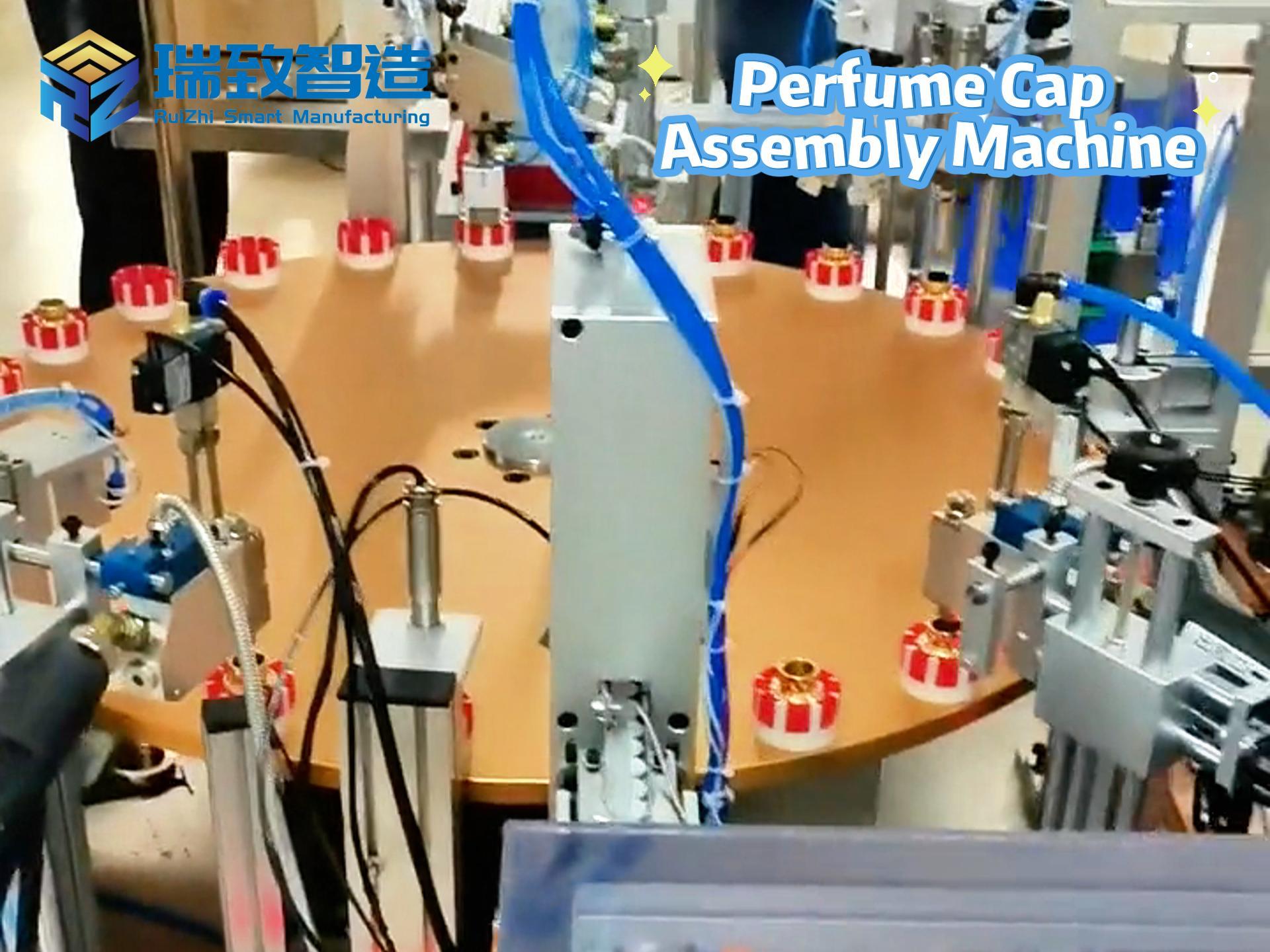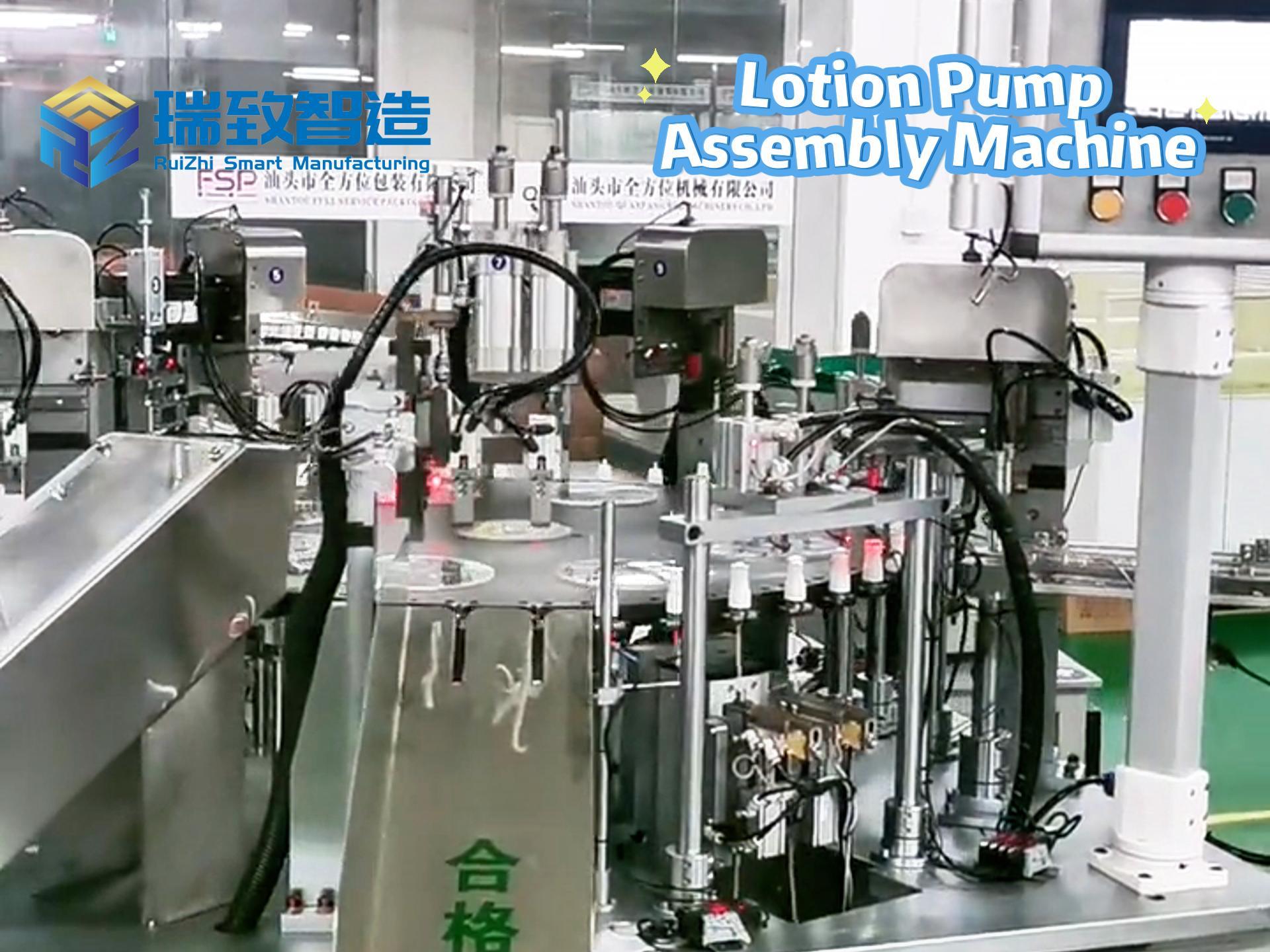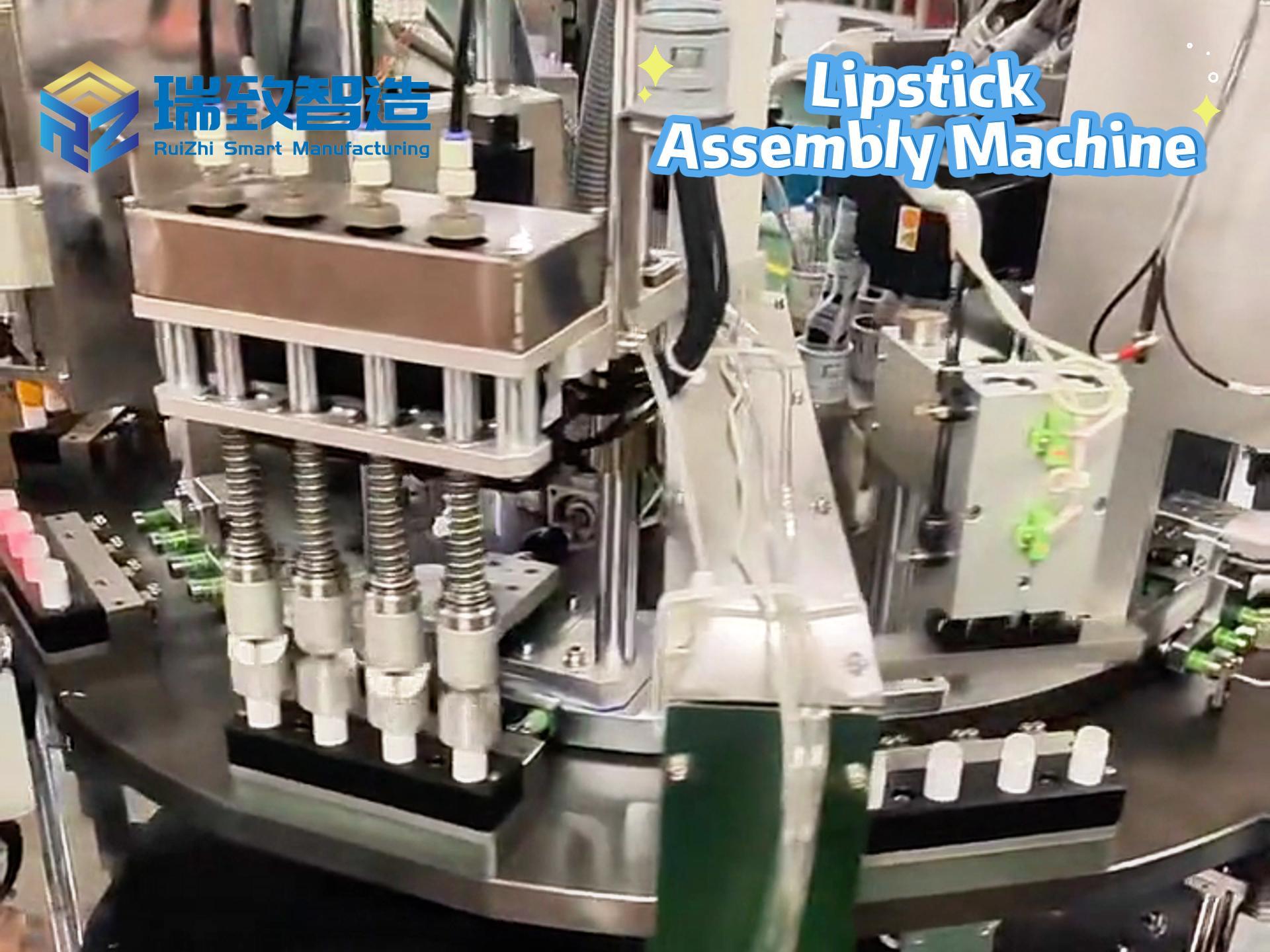Chinese intelligent automation platform Laiye is ramping up efforts to build digital workforces powered by artificial intelligence (AI) agents. This initiative is part of its broader mission to boost productivity, free humans from repetitive tasks, and accelerate enterprises’ digital transformation.
Wang Guanchun, chairman and CEO of Laiye, stated, “We’re entering a new era where AI agents will take on real work at scale.” He highlighted significant opportunities in expanding AI agent applications across sectors like manufacturing.
Wang projected that all Fortune 500 companies will eventually employ more digital workers than human workers, and 90% of knowledge-based tasks will be autonomously executed by AI agents. He emphasized that human society is on the cusp of an “AI agent economy.”
AI agents have garnered global attention and experienced explosive growth this year. Defined as systems or programs capable of autonomously performing tasks on behalf of users or other systems—by designing workflows and utilizing tools—they represent a leap forward from basic chatbots. Unlike chatbots, which primarily offer suggestions or answers, AI agents autonomously execute complex actions across industries, delivering tangible results.
Long before the generative AI boom, Laiye developed solutions using chatbots, robotic process automation (RPA), and document automation. Wang noted that the company has been working on digital employees for years, and with the enhanced inference and planning capabilities of large language models (LLMs), AI agents have now become the new carriers of digital workers.
Laiye has consistently prioritized product innovation and R&D investment. Its core mission is to equip every employee with AI agents, boost productivity and creativity, and help businesses build future-ready workforces. The company’s work execution platform enables governments and enterprises to build LLM-powered digital workforces. By bridging execution gaps at both individual and organizational levels, Laiye accelerates digital transformation—shifting from robotic automation to intelligent automation driven by AI agents.
Wang observed, “We’ve seen many outstanding Chinese AI startups emerge, and more innovative companies are likely to enter the AI application space. Fierce competition in China’s AI sector is driving technological iteration and upgrades, which will spark unexpected innovations.”
He expressed confidence in China’s AI innovation capabilities and global competitiveness, noting that the country’s leading AI model companies have excelled in open-sourcing LLMs. He also stressed the importance of safeguarding data security and personal privacy.
Regarding overseas expansion, Wang revealed that Laiye will expand into Southeast Asia—including Singapore, Thailand, Malaysia, and Indonesia—and Middle Eastern countries like Saudi Arabia.
Laiye emphasizes that AI is not meant to replace or compete with humans but to collaborate and coexist. For individuals, AI-powered digital workers handle repetitive, mechanical tasks, supplementing human limitations in ability and insight. For organizations, the combination of digital and human employees revitalizes business innovation and optimizes workflows.
Global consultancy Gartner predicts that by 2028, at least 15% of daily work decisions will be made autonomously by agentic AI. Recognizing its potential, Gartner named agentic AI a top strategic technology trend for 2025. AI agents, it noted, can plan and automate tasks, make informed decisions, and interact with their environments. Tech service leaders can help clients transform operations by integrating AI agents into purpose-built solutions.
Recently, Laiye unveiled an enterprise-level AI agent matrix for diverse scenarios. Built on its work execution platform, these new AI agents integrate LLMs, RPA, intelligent document processing, and native AI capabilities to deliver measurable outcomes across end-to-end business processes.
As AI agents redefine work, Laiye’s commitment to “AI Agents for Everyone” positions it to lead the shift toward intelligent, efficient operations. By empowering both individuals and organizations, the company is not just building digital workforces—it’s shaping a future where humans and AI collaborate to unlock new levels of productivity and innovation.
Recommend some websites that provide detailed introductions to toilet flush valve assembly machines.
Which websites can I find detailed information about toilet flush valve assembly machines?

